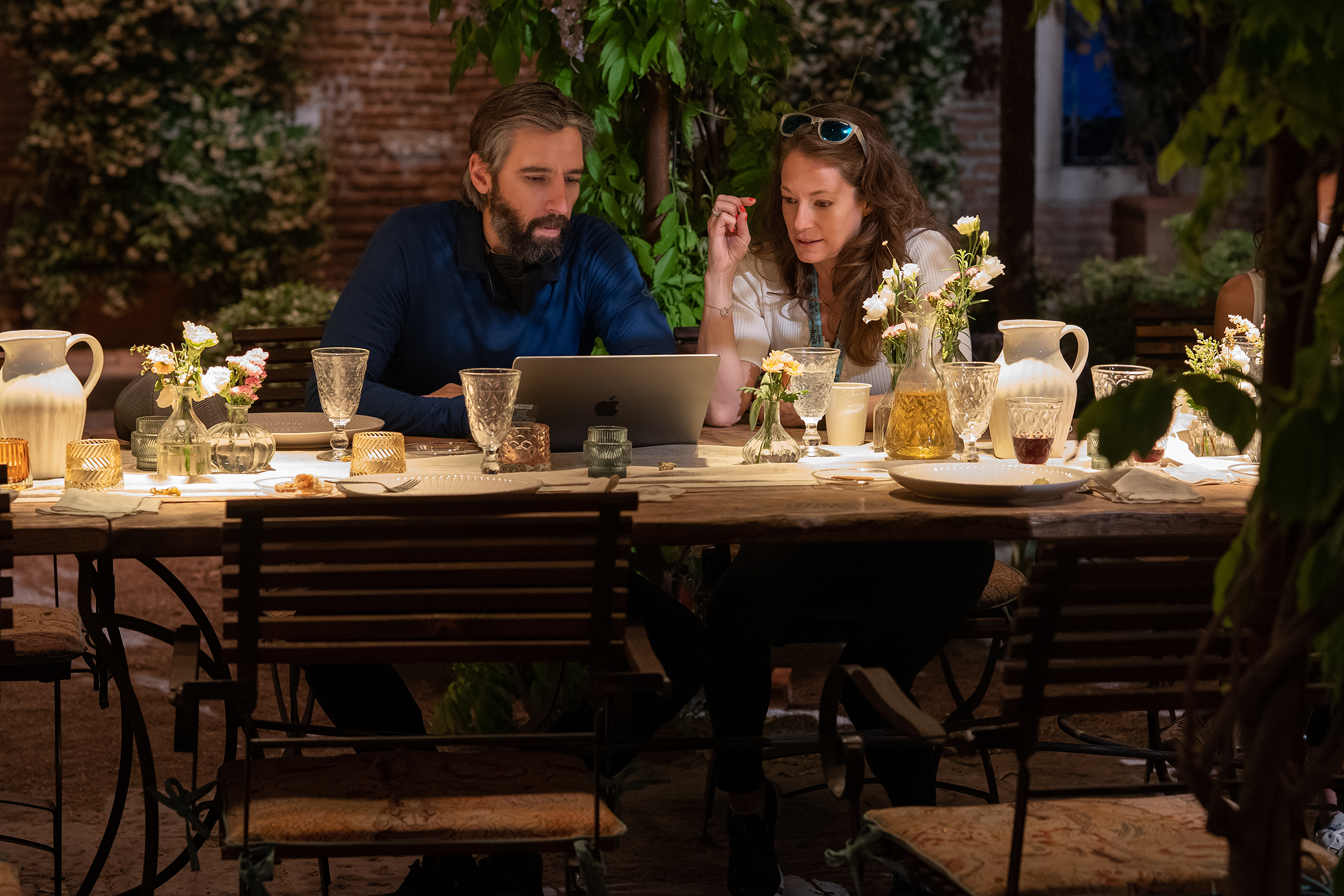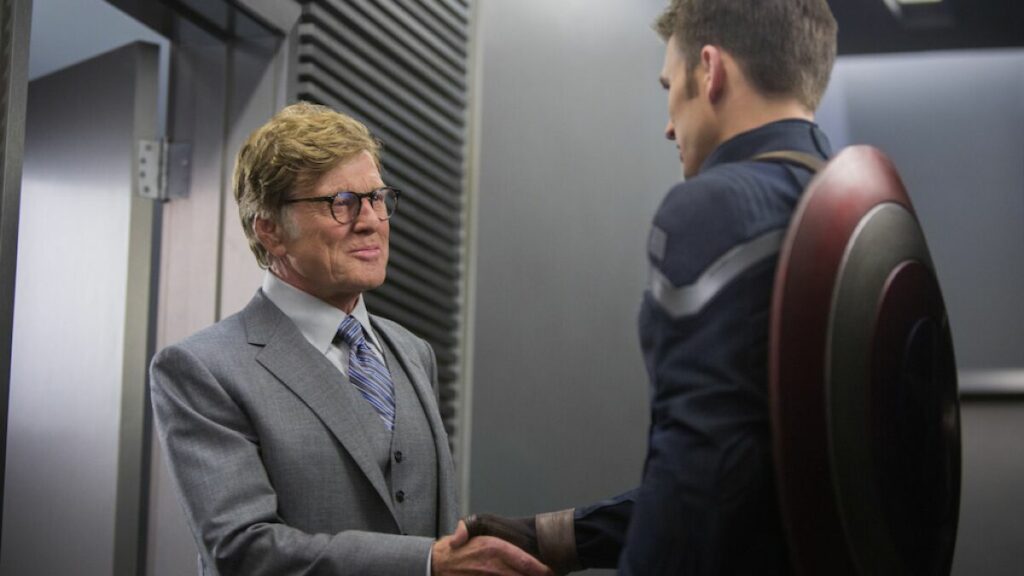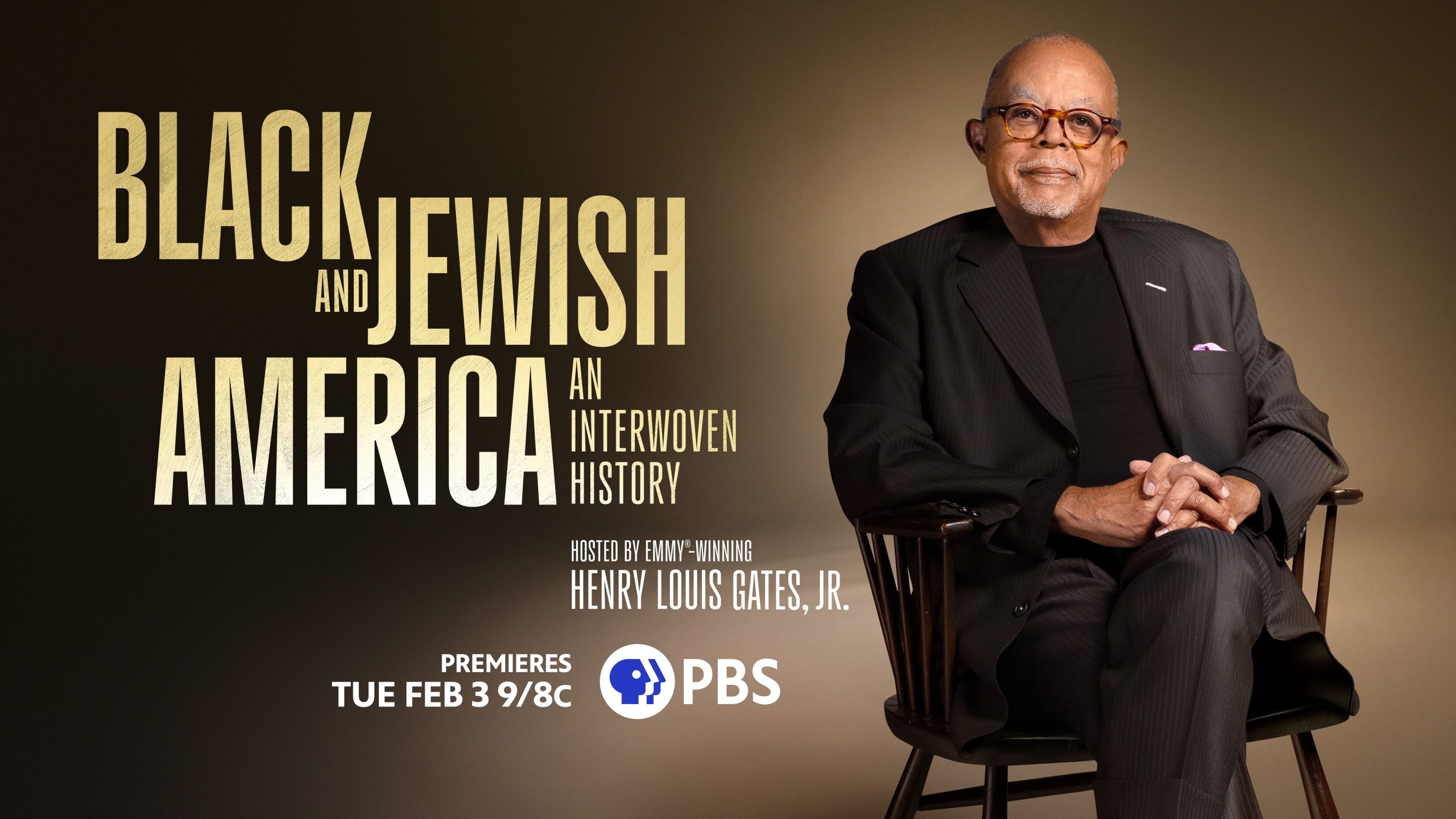
Book Club: The Next Chapter filmmakers Bill Holderman and Erin Simms opened up on the creative process behind the sequel.
Holderman and Simms reteam with their Book Club stars–Diane Keaton, Jane Fonda, Candice Bergen, and Mary Steenburgen–in taking a vacation to Italy. Where 50 Shades of Grey was the book of choice in the first film, The Alchemist drives the plot of the sequel. Going into the interview, a pressing question on my mind goes all the way back to the release of last year’s first-look image. It was at this time when audiences learned that Focus Features, not Paramount Pictures, would be releasing the sequel. The two filmmakers explain how this happened.
The following interview is otherwise light on spoilers but make sure to catch Book Club: The Next Chapter when Focus Features releases the film on May 12.
It’s nice to talk with you for the first time since I was half-awake at Sundance 2020.
Erin Simms: I know! I was like, hello!
Bill Holderman: I was thinking about where we bumped into you and now I remember that.
Erin Simms: We were getting coffee.
Bill Holderman: Some bagel shop, maybe?
Yeah. How are the both of you doing?
Bill Holderman: We are good. How about yourself?
I’m doing well. Ever since the first look was released, the biggest question I have is how did the sequel end up with Focus Features?
Bill Holderman: (Laughs) It’s such a good question. The quick history is, obviously, first: Book Club released by Paramount, financed by Endeavor Content, which is now Fifth Season. Fifth Season was the financial entity for the sequel. Everyone at Paramount—Jim Gianopulos, the whole team—left Paramount right in the midst of our negotiations for the sequel.
Erin Simms: Or our expiration of whatever.
Bill Holderman: Of whatever. It got kind of just put into a weird state of flux and then Fifth Season took it to the marketplace. And lucky for us, Focus was excited and saw the potential. We got a great partner and we’re super excited. But yeah, it was bizarre events,
Erin Simms: It was sort of accidental. I’m sure Paramount ultimately—they wanted to make Book Club. It wasn’t a weird thing. It just was weird timing of the shift of people at the company.
Bill Holderman: There is love amidst all parties, I think.
Erin Simms: Yeah.
Hopefully, they’re rooting for us. We’re still rooting for them. We hope we will make other movies there and we certainly hope and anticipate making more movies for Focus. It is something with timing.
Erin Simms: Now we’ve got relationships with two studios.
How long after the release of Book Club did you start thinking of writing a sequel?
Bill Holderman: Ironically, the idea for a sequel, before it became real, happened on the way to Cinema Con. Erin, Jane, Candice, and Mary were on a plane going to Cinema Con for the first movie. This was before it’s released. Sometime on that short flight from LA to Las Vegas, they decided there should be a sequel. They decided it should be in Italy. I think it was Candice or someone said, “And at some point, we should feel like we have to run but we can’t run so we just walk.” Those were sort of the elements at play when they landed. Luckily for us, the first movie performed well enough that the idea for sequel got very real. We were actually scouting Italy, fall of 2019. The movie came out, summer of 2018, and we were already on the ground scouting in 2019 and all sorts of things happen to the world.
Erin Simms: Once the women said Italy on the plane, that was it.
Bill Holderman: There was no looking back.
Erin Simms: There was no looking back. We had to write a whole movie that would work there but we were not giving up on the idea of going to Italy.
I noticed that you all wrote pandemic into the film.
Bill Holderman: Yeah. It felt like at a certain point, it’s something you just absolutely can’t ignore. It’s something that collectively we all went through. For us, too, there’s something about what the movie’s theme was that felt the pandemic was a really great starting place in a weird way. It was a moment where we all felt isolated, where we all had our relationships challenged. There was evolution, there were obstacles. I think, for us, it was one of those things like, let’s not ignore this, let’s embrace it. We all went through it. We can’t act like it doesn’t exist. It was too significant, too long, and too hard so we decided, let’s make it part of the movie.
Erin Simms: Yeah, it informed the whole script and how everything just became more urgent—being with friends, having the luxury of travel, having new experiences, getting out of your house—everything just became so much more meaningful and important. I think it would have been disingenuous to just start the movie like everything was fine and it was exactly like it was in 2018 and none of us didn’t experience a global pandemic. It really just set the tone, I think, for the movie for them realizing how important they are to each other, and that they have to put in the effort to be together and have the support of their friendship.

How did you all decide on The Alchemist?
Bill Holderman: It’s interesting. Coming off of, obviously, 50 Shades, there’s no other book like that. We knew we wanted to find something that felt a little bit more to the sort of sophistication of the group. We wanted to know that they would read books like 50 Shades but also would read books that have a different level of meaning, significance, and philosophy to them. Truthfully, the first treatment we wrote for the sequel, we wrote around the themes of The Alchemist. The theme felt so resonant to us, both in our personal lives and also for the movie, so we never looked back. Developmentally, there were some notes where we went down roads where we tried other books, more popular, fresher, newer books. But the truth is, for us, it felt like the perfect book because of the thematic elements of the book and how much they aligned with what we wanted to say in our movie. I’m really happy that it came back around.
Truthfully, The Alchemist, what people don’t know—I mean, it’s a wildly popular book. It’s hard to find people that at least haven’t heard of it and it’s in 80 languages. It’s one of those books that if you haven’t read it, you probably heard of it, and maybe this will inspire you to read it and inspire you to take some action in your life.
Erin Simms: Yeah. Ultimately, the most important thing for us was to try and make a sequel that said something important. We wanted to push ourselves to make a movie that we were proud of and not just throwing something in because we had a chance to make another one. The theme and the message is always a driving force for us and so we needed that. No other book was gonna work. That’s what we realized and we went back to The Alchemist.
Pandemic aside, what was the most challenging aspect of the production?
Bill Holderman: We really got ambitious with this movie in the sense that we took it to a foreign country. There are a couple of sequences that we scripted that we really didn’t know, from a production standpoint, how we’re going to pull off. To name a few, we obviously had Candice, Hugh Quarshie, and Giancarlo Giannini scripted in the middle of the Grand Canal and we’re like, is that even something that you can do? We had our women in a helicopter. We shot at the Spanish steps.
Erin Simms: We did all-nighters.
Bill Holderman: Yeah, all-nighters in the side of a road in Tuscany. From a production standpoint, there were some of the logistics around executing those things and with our cast and keeping them safe, healthy and, pandemic aside, taking good care of them in this environment was part of the fun obstacle to this one and it was great. It was one of those things when you have those types of production challenges that you don’t know how to just do and you get to solve it with your crew, it’s some of the most rewarding parts of filmmaking so it was pretty fun.
Erin Simms: Yeah.
How did it feel to be able to film portions of the film at the historic Cinecittà Studios?
Bill Holderman: I will say it was a constant pinch me moment. We were on three different stages there and one of our stages where we shot two of our big sequences, every time I walked out, I would see the big number five from Fellini’s stage. I don’t know. We couldn’t have scripted that any better. I mean, to walk in and out of Cinecittà on a daily basis and have our production offices there, it’s like, what an honor.
Erin Simms: The whole experience was a pinch me. Everybody from us to the cast or the crew, everyone couldn’t believe that we were there, that they were having this opportunity, and just nothing was taken for granted. We knew how lucky we were and it was incredible. It was an adventure for everyone.
I stayed through the very end of the credits so I got to see all of those photos on screen. Did it ever feel like vacation?
Erin Simms: Yes! (Laughs)
Bill Holderman: You know what’s funny? We did that because part of it, you want to prove that you were there. But also, part of it was the experience of making the movie for us, but also for the cast, was really one of those special life-altering—it was such a bonding experience and it felt like there was a vacation element, there. You got there, you didn’t know exactly how it was gonna go, you didn’t know exactly how we’re going to do this or that, and you didn’t know how you’re gonna get along with the Italian crew and if that was going to work, if that was going to be a challenge. It ended up being—the friendships are lifelong friendships, the bonds are our lifelong bonds and it was so much fun. We wanted to put our crew up on screen as well because they were a part of the journey and part of that vacation feel of making a movie.
Erin Simms: But also, the meta thing of like, we’re here making this movie, but we’re also here having this experience of travel. We’re all in a foreign country, we’re all meeting new people and how much that broadens and how it changes you. Those pictures are at the end of the movie because it’s like, this is what it is to get out there in the world, take chances, and you’re gonna have experiences and make memories that you’ll never forget. I think travel is one of the ways to make that happen.
Bill Holderman: There was a real meta quality to being in another place and having all of those experiences while the characters themselves were doing the exact same thing.
Erin Simms: Yeah.
Erin, I noticed that you’re one of the performers in the end credits song, “Anywhere with You.” Did you all approach Mary Steenburgen or was it the other way around?
Erin Simms: No. Mary is a songwriter, a wonderful songwriter. She wanted to write songs for the first movie but didn’t work out timing. And so on this one, she was like, I really, really want to write a song. We talked about themes. It was planned but when she was writing the song, we thought we’re gonna get a singer and all of that stuff and collaborate with somebody. She had the idea of having the four women sing it because it makes so much sense. She said, it’s like a love letter to them. We thought that was a really fun idea. In the end, we needed backing vocals and we were running out of time. We were in our final mix. I think we had a day left and I was like, well, we are in a facility that has a recording booth right next door, do you want me to just do it? I do have a bit of a singing background so I’m just thinking the backing vocals because I was the easiest person available to do it so that’s what happened.

Both of you have worked with Robert Redford in the past. How has he shaped your careers as a filmmaker?
Bill Holderman: I worked for him and with him for almost 14 years. Obviously, the experience of watching him as a actor and then as just a producer but also as a director, as a director and an actor, watching and being able to go through and witness all the labs at Sundance for all the years that I was able to go do that, it shapes exactly how you see film, the depth of the appreciation for the medium, I think I owe a tremendous amount of gratitude to him for instilling those things.
I think the other thing that he really influenced me on it, it’s a hard, jaded, tough business. If you’re a creative person, you have to be prepared to defend your vision and your ambition and what you see, because there’s a lot of people that try to convince you otherwise. I think he’s someone that has had such a great ability to stick to his guns creatively throughout his entire career. It’s something that I hope that I get to do as well and I feel like I’ve been able to do so far. Truthfully, I’m super grateful for all of those things.
Erin Simms: Yeah. I think working for an actor—that’s an education that other directors get on set. But we both, Bill more than me, we had spent so much time with somebody who is an actor, seeing what they respond to, how they respond to the script, what’s important to them, I think that gave us a pretty that gave us a front seat, too, into how to understand these incredible stars that we were approaching for Book Club. It was a very lucky thing especially because he’s an actor of the same age as them.
Thank you so much.
Bill Holderman: Danielle, thank you. Good to chat with you.
Erin Simms: Thank you.
Focus Features will release Book Club: The Next Chapter in theaters on May 12, 2023.
Please subscribe to Solzy at the Movies on Substack.






